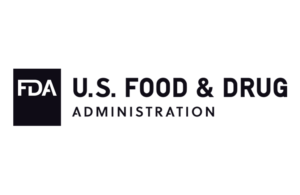 FDA worked with pharma companies to avert a record number of drug shortages in 2021 based on a recent report to Congress that tracked data starting in 2012 when the FDA Safety and Innovation Act (FDASIA) was passed.
FDA worked with pharma companies to avert a record number of drug shortages in 2021 based on a recent report to Congress that tracked data starting in 2012 when the FDA Safety and Innovation Act (FDASIA) was passed.
In 2021, 115 manufacturers notified the FDA of 777 potential drug and biologic shortages.
Ultimately, the agency worked to prevent 317 drug shortages “through the use of a range of available tools, including regulatory flexibility and discretion when appropriate,” the report noted.
Drug shortages can be especially dangerous when they involve “a critical drug to treat cancer, to provide parenteral nutrition, or to address another serious medical condition, such as a shortage of blood pressure medications,” FDA explained in the report.
The report noted that the agency continues to keep a close watch on the medical product supply chain, which has grown less reliable during the pandemic.
The report notes that drug shortages quadrupled between 2005 and 2011, increasing from approximately 61 to 250.
Drug shortages have largely stabilized since 2013.
Drug shortages can result from several factors, including quality issues, a limited manufacturing capacity, and poor information sharing with supply chain organizations.
In addition, some hospitals react to drug shortages by hoarding.
To stop the shortages, FDA worked closely with manufacturers to find companies that could produce a drug in scarce supply and accelerated the pace of inspections and reviews to allow manufacturers to restart production.
The report also notes that the agency has stepped up its investigation of nitrosamine impurities as an example of how it works to ensure drug safety.